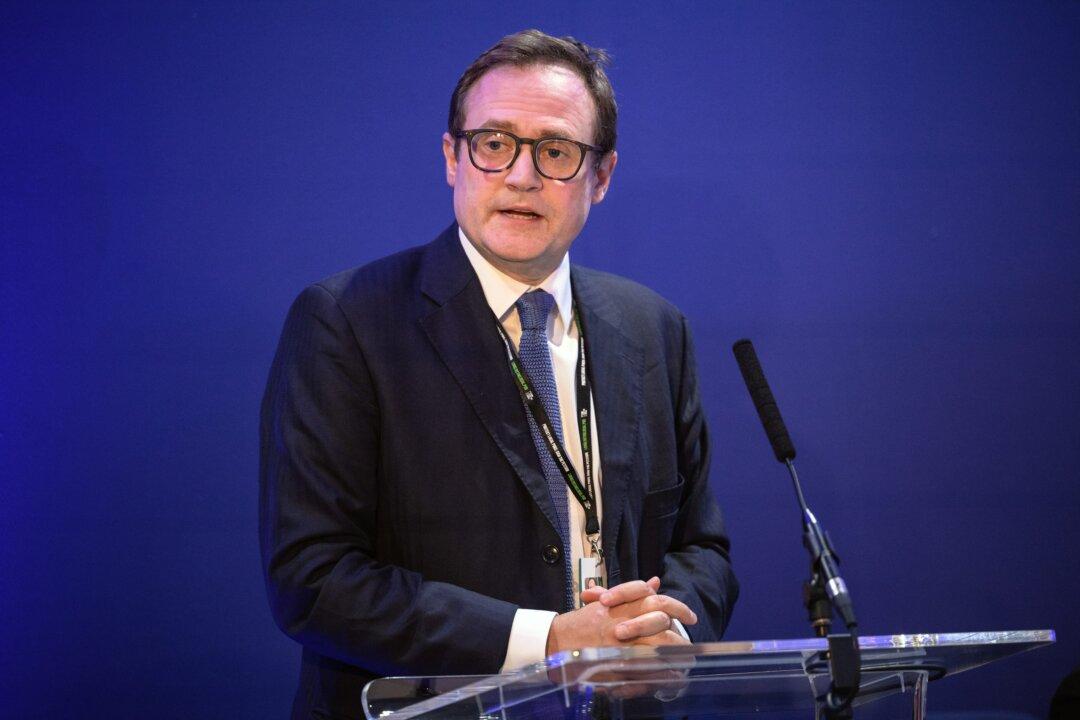Britain’s security minister has refused to definitively state whether a branch of Iran’s armed forces will be proscribed after increasing concerns over the regime’s activity in the UK.
Speaking in the Commons on Monday, Tom Tugendhat declined to directly answer questions from several MPs on whether the UK will make the Islamic Revolutionary Guard Corps (IRGC) illegal.





